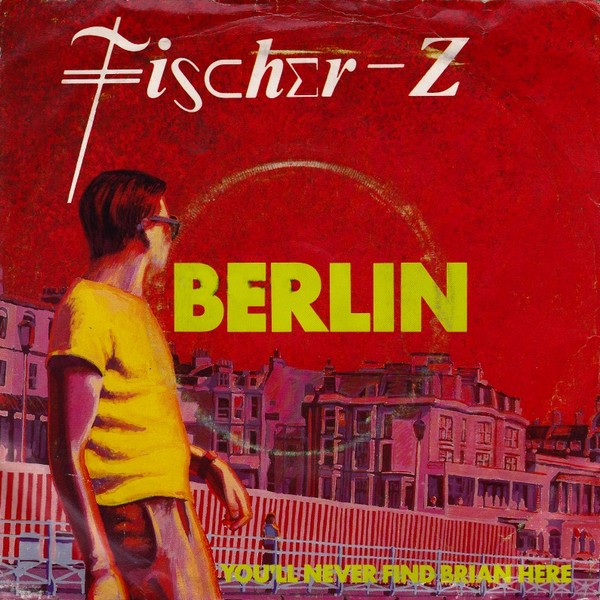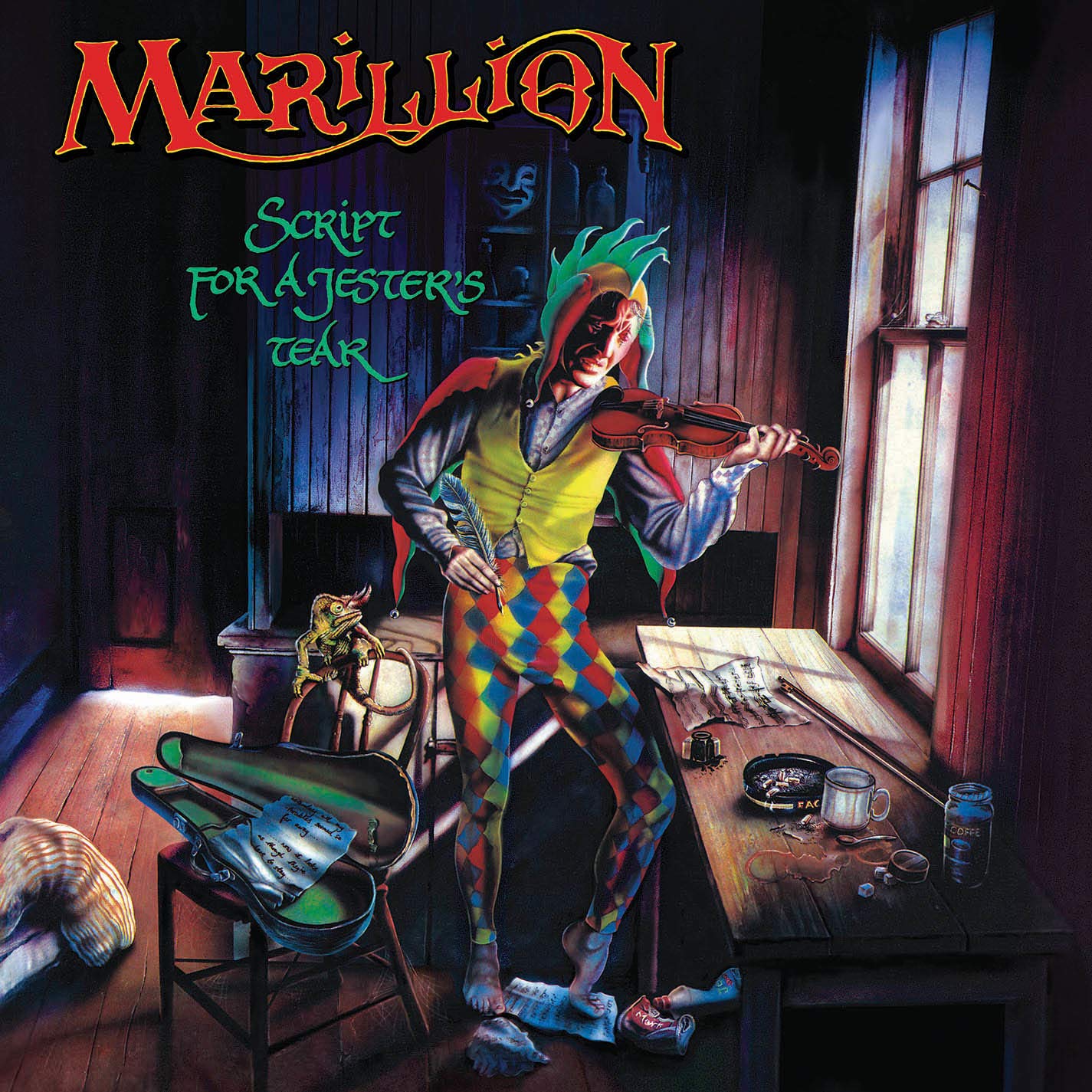Formative years part 3: The Wall, Stasi and Fish
In June 1988, the Brandenburg Gate guarding the Wall in the centre of Berlin, became the half way line in the “Cold War Battle of the Bands” – a series of concerts with international acts fighting it out on both sides of the Iron Curtain. The West made the first move with Pink Floyd and Michael Jackson performing on the Reichstag lawn. The East countered by putting on James Brown, Fisher-Z, Marillion and Big Country in a three day festival hosted by Katarina Witt. I thought to myself, ‘this time we got the better deal’.
The concerts seemed to have a theme, and the theme was what either side believed they were better at. So while the performances in West Berlin celebrated freedom, the East focused on nuclear free zones and world peace. For us, it was all about the music.
Looking forward to a big weekend in East Berlin, we were big fans of British rock band Marillion and their lead singer ‘Fish’, a very likeable and sincere fellow with a receding hair line who led Scotland’s protest against Peter Gabriel leaving Genesis. And as much as we wanted to see ‘Fish’, we also wanted him to see us, so we ‘organised’ some bed linen from our government subsidised student accommodation and turned it into a large banner showing a fish in a bathtub, intending to hold it up at the concert.
Saturday morning, June 18, 1988.
Having arrived at the Alexanderplatz in East Berlin and needing to kill a few hours, we made our way to the Brandenburg Gate to get a glimpse of the preparations for Michael Jackson on the other side. For the East German secret police, the so called ‘Stasi’, there was nothing more suspicious than heading to the Wall with a large banner over your shoulder and soon we had company.
Two less likeable fellows in very recognisable outfits involved us in a conversation that very quickly turned into accusations of us wanting to protest at the Wall and sending a message to the West. The unintended symbolism of a fish trapped in a bathtub – we just didn’t think that through, and twenty minutes later we found ourselves in a cell with two cops – one good, one bad – trying to take the banner from us.
In 1988 I was studying architecture at the former Bauhaus and found the cell a good example of “Form follows Function” – a small and intimate room suitable for intense interaction. With a nod to Postmodernism it had a very tall ceiling, giving a sense of feeling lost and lonely.
The interrogation was less one sided than one might have expected. It ranged from the ‘Stasi’ threatening to kick us out of University to proposing leaving the banner at their place and having a drink together at the concert. We in return made them aware the banner was private property but offered them a good deal if they pay cash.
Somehow the conversation didn’t go anywhere and we were released with our banner intact and enough time to make it to the concert. As small and trivial as this episode might have been, it was not the end of the matter for us and we wrote a carefully worded complaint to Secretary General comrade Erich Honecker with an unexpected outcome.
To be continued…


